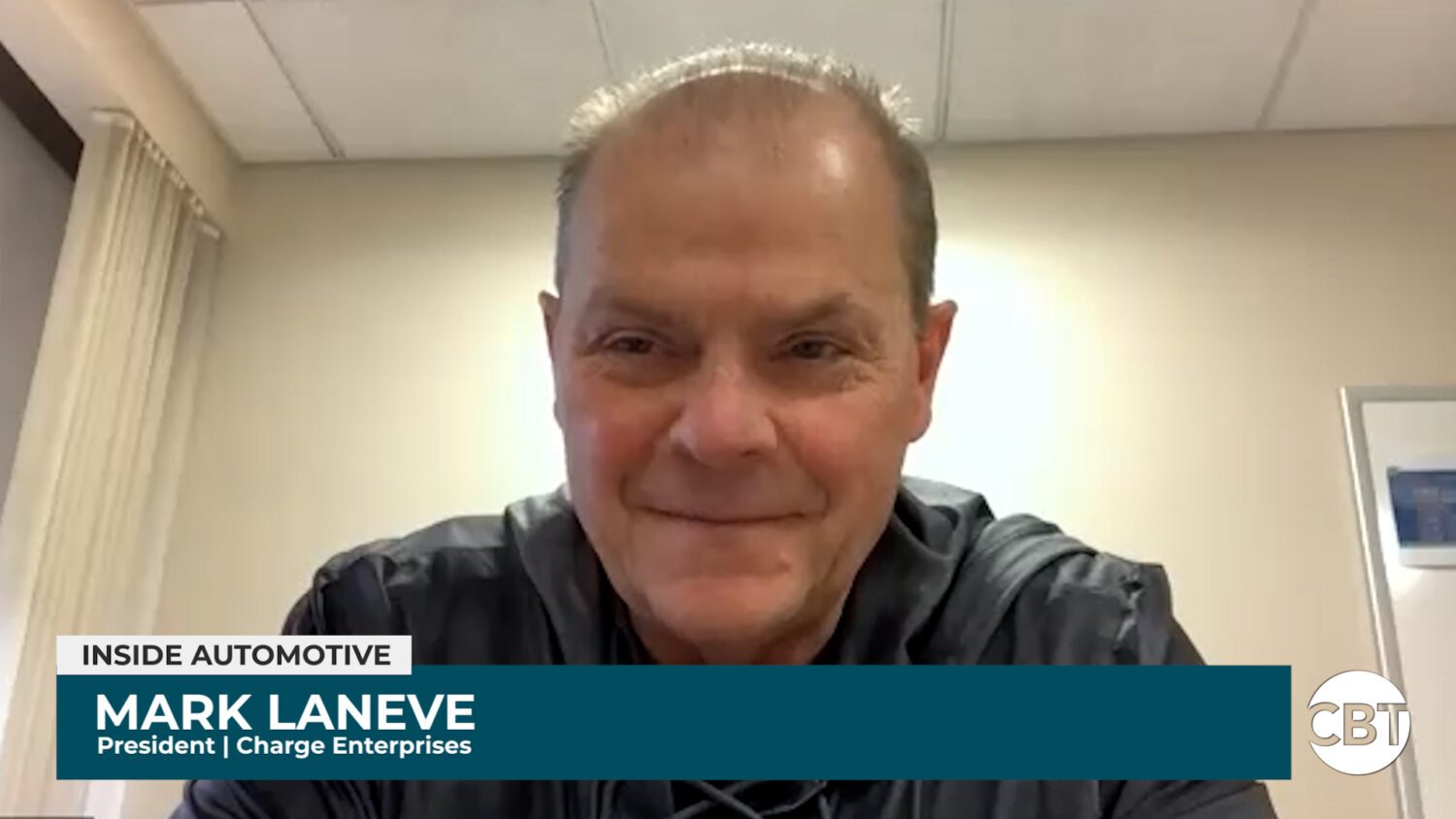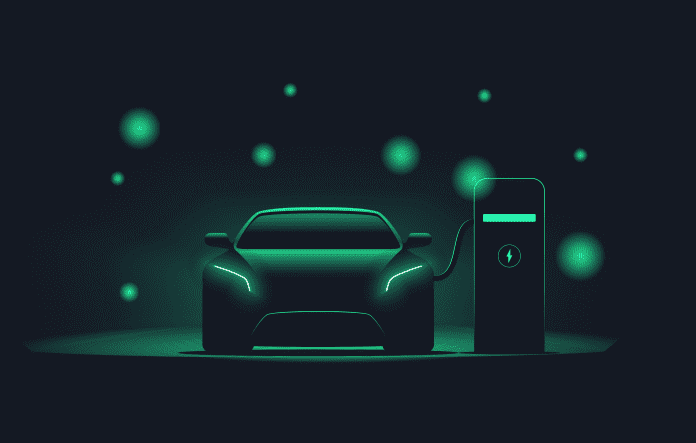A new U.S. Department of Energy report analyzing EV sales numbers found that battery-powered vehicles not only failed to attract consumers, but failed to lower emissions over the last decade.
The USDE’s Argonne National Lab compiled data on mileage, energy consumption, EV sales and CO2 emissions from the last decade. Their full findings, published this November, are sobering.
In their analysis, the researchers found that EVs had failed to make meaningful progress in the market. After ten years of research and development, and billions in investor funds, they are still economic outliers, comprising only 4% of vehicle sales as of 2021. Worse still, only 1% of cars on the road are battery-powered, making their supposed environmental benefits negligible. In fact, the report estimates the impact EVs have had on greenhouse gas emissions is less than one percent.
 |
EVs have been met with great enthusiasm by businesses and consumers alike. However their utility and profitability has long been a concern among industry experts, anxieties seemingly confirmed by Argonne’s report. For one, the infrastructure required to support a mass exodus from the era of gas-powered cars is non-existent. EVs take hours to charge, and can only drive so far before having to be plugged back in. The current technological limitations make them impractical for many uses. EV sales are further stymied by a lack of dealership or consumer interest in middle America. High price tags have relegated the consumer demographic to the upper echelons of the middle class. All of this makes the market naturally hostile to entrepreneurs looking to evolve the industry, and so long as they persist EV sales will never be comparable to gas-powered cars.
However, despite the low numbers, the report does have some positive news: EV sales doubled in 2021. This can be credited to the auto industry recognizing and working around the aforementioned issues. Biden’s administration has pledged billions to construct 500,000 charging stations across the country. Supply chain issues are slowly resolving, allowing dealerships to lower prices. Automakers and startups have developed new fast-charging and long-lasting technologies, which have broadened EV applications. While the study should serve as a reminder that new technology takes significant time, money and effort before it becomes profitable, it should also serve as a sign that change, however distant, is coming. So long as companies continue improving the technology, the market is bound to improve.
Did you enjoy this article? Please share your thoughts, comments, or questions regarding this topic by connecting with us at newsroom@cbtnews.com.
Be sure to follow us on Facebook, LinkedIn, and TikTok to stay up to date.
While you’re here, don’t forget to subscribe to our email newsletter for all the latest auto industry news from CBT News.



